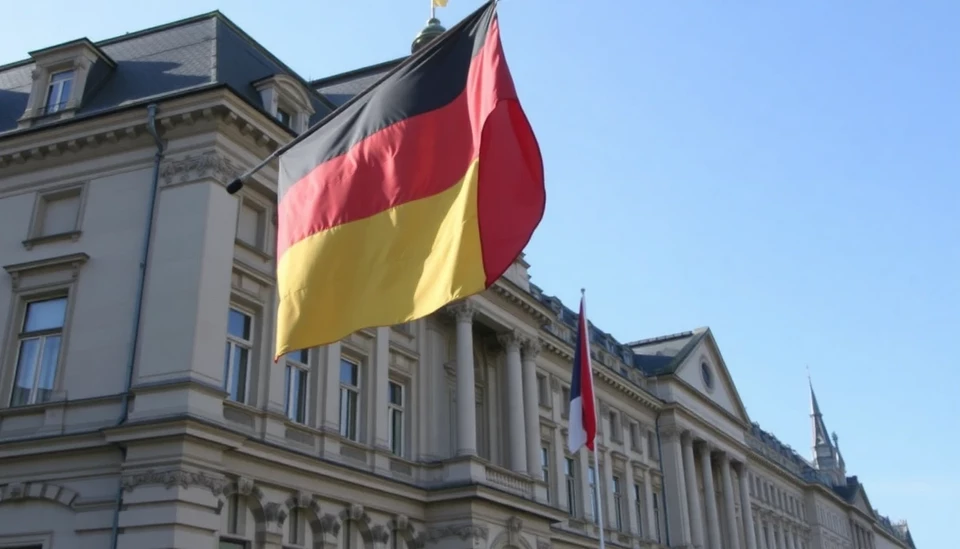
Germany's economy is poised for another challenging year as recent surveys indicate a looming contraction in economic output. Analysts project that the nation, which currently stands as Europe’s largest economy, is likely to experience a decline in GDP for the second consecutive year in 2024. This downward trend has raised concerns about the long-term stability and growth prospects of the German economy, which has been grappling with various domestic and global headwinds.
The findings from the latest economic survey paint a sobering picture as Germany continues to struggle with the aftershocks of inflation, supply chain disruptions, and escalating energy costs. These factors have adversely affected consumer spending and business investment, essential components for driving economic growth. Economic experts are particularly wary of these issues, suggesting that without significant policy adjustments, the recovery trajectory may remain elusive for an extended period.
One of the critical indicators of the economic slowdown has been the persistently high inflation rate, which has burdened both households and businesses. Consumers are feeling the pinch and reducing their discretionary spending, which in turn stifles demand. Companies are facing elevated operational costs, leading many to scale back investment plans or delay expansions, which further exacerbates the economic decline.
Moreover, the ongoing uncertainty in the European economic landscape, compounded by geopolitical factors such as the conflict in Ukraine, has dampened investor confidence. Analysts note that the confluence of these challenges is contributing to a more cautious approach to business operations within Germany, negatively impacting both short-term and long-term growth forecasts.
The survey results highlight an urgent need for strategic interventions from policymakers to stimulate economic activity. Suggestions for stimulating activity include measures to incentivize consumer spending, targeted support for struggling industries, and policies aimed at boosting business confidence and investment. Economists warn that without robust intervention, Germany risks falling into a prolonged period of stagnation, which could have ripple effects across the European Union.
Looking ahead, the picture remains bleak but not entirely hopeless. Some economists argue that if the right measures are implemented swiftly, Germany could potentially resurge by the end of 2025. The emphasis will need to be on fostering innovation, sustainable practices, and ensuring energy security, elements essential for restructuring and revitalizing the economy. Meanwhile, businesses and investors are urged to remain resilient and adaptive amid this turbulent economic environment.
In summary, the survey shows that Germany's economy is preparing to contract for another year, prompting discussions about the necessary policies to steer the nation back on a growth path. As the government navigates these difficult circumstances, close attention will be paid to its strategies and responsiveness to the evolving economic situation.
#GermanyEconomy #GDPDecline #EconomicGrowth #InflationConcerns #EuropeanEconomy #EconomicSurvey
Author: Laura Mitchell




